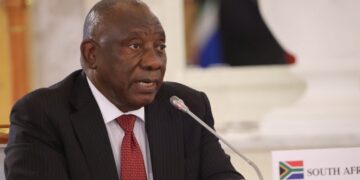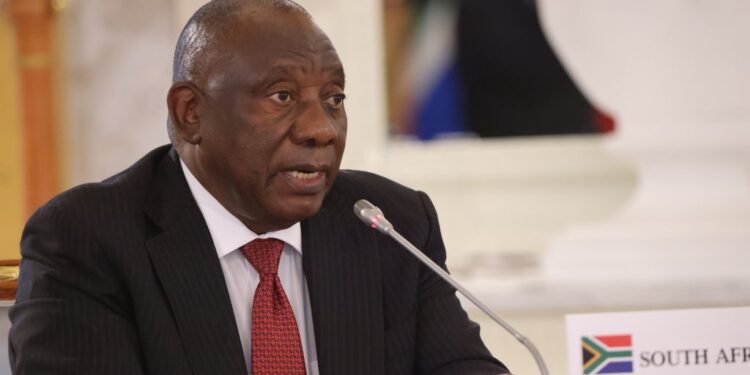By Riches Soberekon
Tensions escalated between Israel and South Africa on Tuesday as the International Court of Justice (ICJ) confirmed receiving a legal case filed by South Africa accusing Israel of genocide against Palestinians in Gaza.
The move ignited a war of words, with Israel vehemently denying the accusations and vowing to defend itself in court.
South Africa launched the legal action last week, requesting the ICJ order Israel to cease its ongoing military operations in Gaza. The case hinges on accusations that Israel’s actions violate the United Nations’ Genocide Convention, particularly those targeting religious or ethnic groups.
“We reject these false and outrageous accusations in the strongest possible terms,” declared Israeli government spokesperson Eylon Levy. “This filing is nothing more than a politically motivated attempt to delegitimize Israel and its right to defend itself against acts of terrorism.”
Levy criticized the case as lacking both factual and legal basis, while South Africa reiterated its unwavering support for Palestinian rights and emphasized the urgency of the situation.
“The devastating human cost of the ongoing conflict in Gaza demands immediate action,” stated a South African spokesperson. “Our case before the ICJ seeks to uphold international law and protect the Palestinian people from further harm.”
The ICJ, the highest judicial body of the United Nations, now faces the crucial task of reviewing the evidence and arguments presented by both sides. Should the court deem South Africa’s case valid, it could potentially issue an injunction demanding Israel halt its Gaza operations.
Such a ruling, however, wouldn’t guarantee compliance. While both Israel and South Africa are bound by the ICJ’s decisions, past instances have shown that international courts lack mechanisms to enforce their rulings. As a recent example, Russia’s ongoing military campaign in Ukraine continues despite the ICJ’s March 2022 order demanding its immediate cessation.
Whether the ICJ’s involvement will contribute to a de-escalation of the conflict or further entrench existing tensions remains unclear.
Regardless, the legal battle ahead promises to be complex and contentious, adding another layer of controversy to the already volatile situation in the Middle East.

































